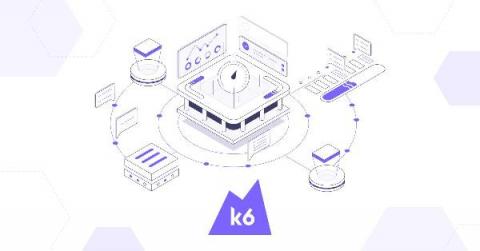Systems | Development | Analytics | API | Testing
September 2021
How to Load Test Your Kafka Producers and Consumers using k6
Recently, k6 started supporting k6 extensions to extend k6 capabilities for other cases required by the community. The community has already built plenty of extensions. k6 extensions are written in Go, and many of them are reusing existing Go libraries. This makes k6 to be a versatile tool to test different protocols and adapt to multiple cases. This post is the third part of my series of articles testing various systems using k6: Let's look in this post how we test the popular Kafka project.
Chaos testing with k6, Prometheus, and Grafana (Schrödinger's Pokémon)
How to load test a GraphQL API built with Hasura using k6 (k6 Office Hours #28)
From the newsletter - k6 v0.34.0 dropped, but there's more!
The summer break is over, we start to creep towards autumn, and we at k6 haven't been resting on our laurels. What happened since the k6 v0.33.0 release? So glad you asked! The below. And then some!
How to Perform Load Testing with k6 using AWS CodeBuild Platform
You can find a collection of k6 scripts and build specification for CodeBuild in this tutorial here.
How GitLab uses k6-- and how you can do it too, with Grant Young (k6 Office Hours #27)
How We Work at k6 - Remote and 8-week Work Cycles
August 7, I joined the Office Hours our Developer Relations team runs on a weekly basis, to talk about how we work at k6. We are growing rapidly, and are a little unconventional in how we organize ourselves, so I thought it would be a good idea to share in more detail how we build and ship software, being a remote-only company.








